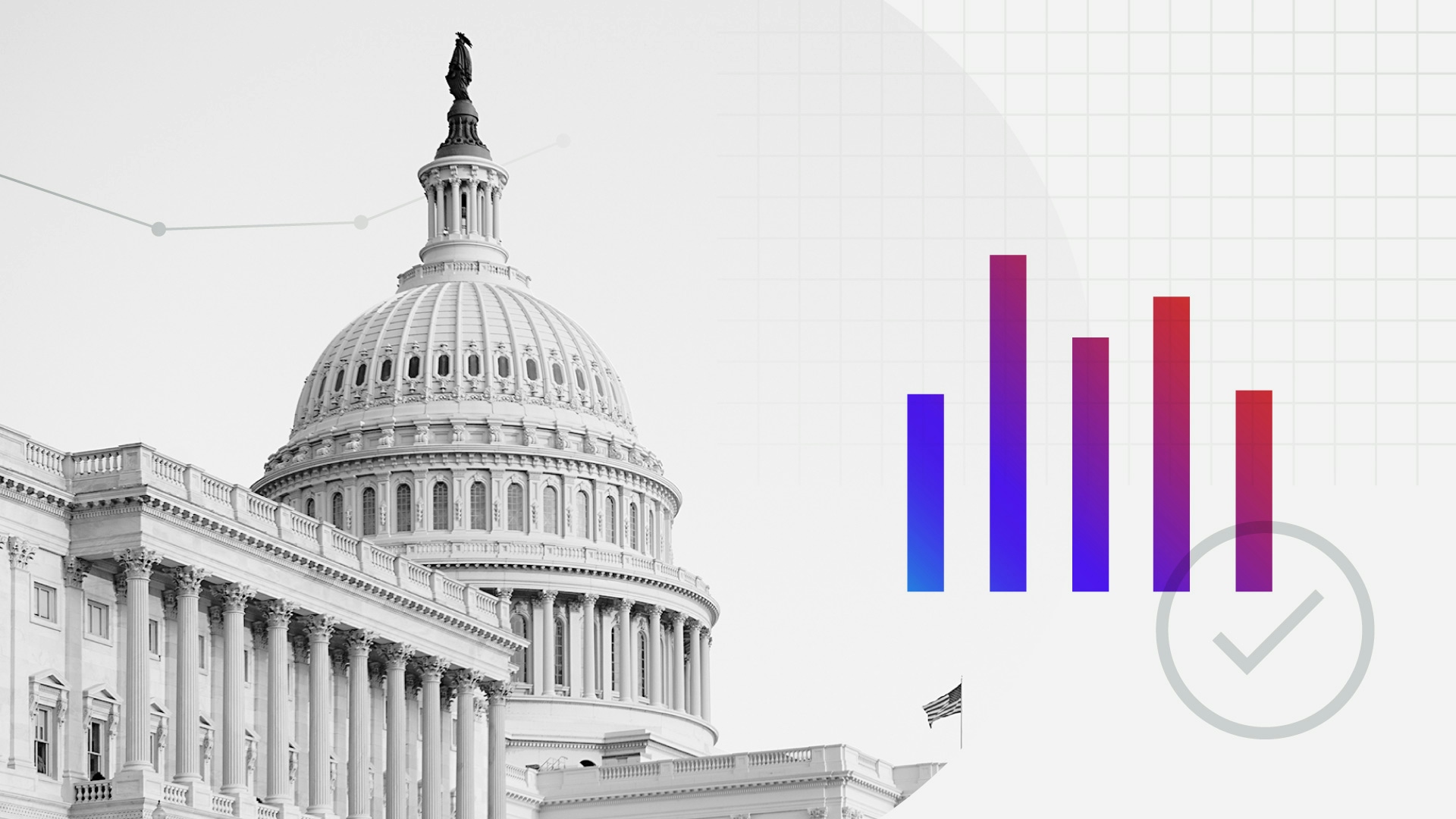Very Few Voters Back Medicaid or SNAP Cuts Targeted by House GOP’s Budget Plan

Data Downloads
Pro+ subscribers are able to download the datasets that underpin Morning Consult Pro's reports and analysis. Contact us to get access.
As Republicans in Congress begin their work within the budget reconciliation process to find a way to pay for President Donald Trump’s domestic agenda without adding to the deficit, they are considering options that could put social safety net programs like Medicaid and the Supplemental Nutrition Assistance Program on the chopping block.
Cuts to either of those programs could come with a hefty political price tag, according to a new Morning Consult survey.
Few voters want to cut or end safety net programs

The survey finds voters overwhelmingly say that Medicaid and SNAP should at least maintain their current funding levels, with many calling for more spending. In fact, there’s not much daylight between support for those programs and bedrock U.S. entitlement programs Social Security and Medicare.
Notably, support for cutting Medicaid and SNAP — as well Medicare — is relatively rare even among the GOP voters who decide whether most House Republicans will keep their jobs on Capitol Hill given members’ reliance on primary elections.
Budgetary rules don’t allow for Social Security changes via reconciliation, so it is safe, and when it comes to SNAP, the House Agriculture Committee chairman has denied the program will face major cuts, but that might not be his call.
But Trump, who publicly ruled out Medicare and Medicaid cuts during an interview with Fox News, has also endorsed House Republicans’ plan that heavily hints at slashing Medicaid. The makeup of the program’s enrollees, who skew younger and lower-income — a description that applies to many of the marginal voters who swung Trump’s way in 2024 — may well be a factor in Trump’s decision to publicly oppose Medicaid cuts, underlining the political box Republicans find themselves in.
The bottom line
All of this sets up a big challenge for Republicans in Congress, who are going to need to find massive amounts of savings to pay for the extension of Trump’s 2017 tax cuts and his parallel domestic policy agenda unless they want to put the country further into debt. Some lawmakers appear rightfully wary of the political risks spending cuts bring.
GOP tax push looks likely to test the party’s standing on key issues

The GOP governing trifecta begins this debate with advantages on the national debt, but without doing anything, Republicans in Congress already face a big trust gap with their Democratic colleagues to handle entitlement programs and health care, even as our latest tracking of public sentiment shows Trump garnering better numbers on those issues.
In that light, it’s no wonder Senate Republicans are working to hold off the tax debate and put some legislative policy wins on the board now to deal with immigration, energy and defense with their two-step reconciliation approach, which our polling shows appears far more responsive to the electorate’s priorities at this time despite Trump’s endorsement of the House’s one-bill approach.
Setting aside how Washington has yet to act on the electorate’s No. 1 priority, cutting consumer costs, almost nobody is asking Trump’s Washington to slash the social safety net for vulnerable Americans. Advancing an extension of Trump’s 2017 tax cuts and the president’s other wish-list items will almost necessarily require that.
Doing so would give Democrats in Congress a tried-and-tested and stronger political cudgel to wield in the midterm elections, and further down the road, could also repel some voters that Republicans recently welcomed into the fold.
Eli Yokley is Morning Consult’s U.S. politics analyst. Eli joined Morning Consult in 2016 from Roll Call, where he reported on House and Senate campaigns after five years of covering state-level politics in the Show Me State while studying at the University of Missouri in Columbia, including contributions to The New York Times, Politico and The Daily Beast. Follow him on X/Twitter and on LinkedIn @eyokley. Interested in connecting with Eli to discuss his analysis or for a media engagement or speaking opportunity? Email [email protected].